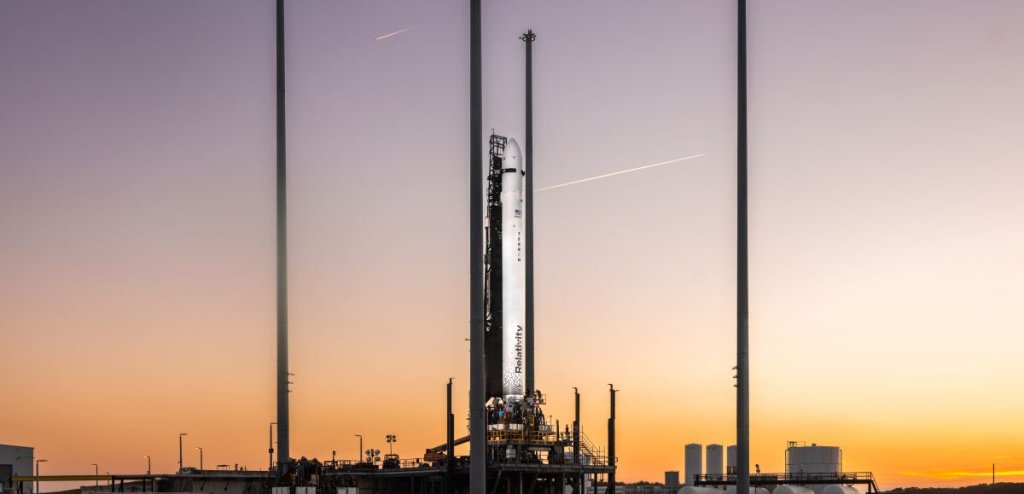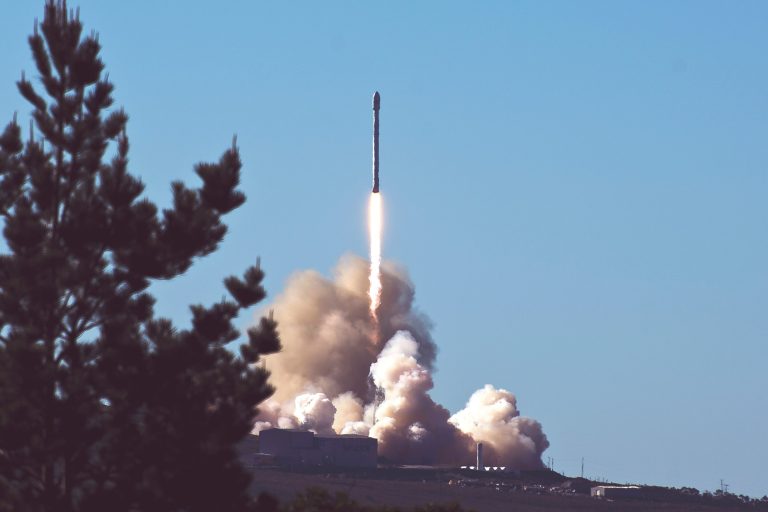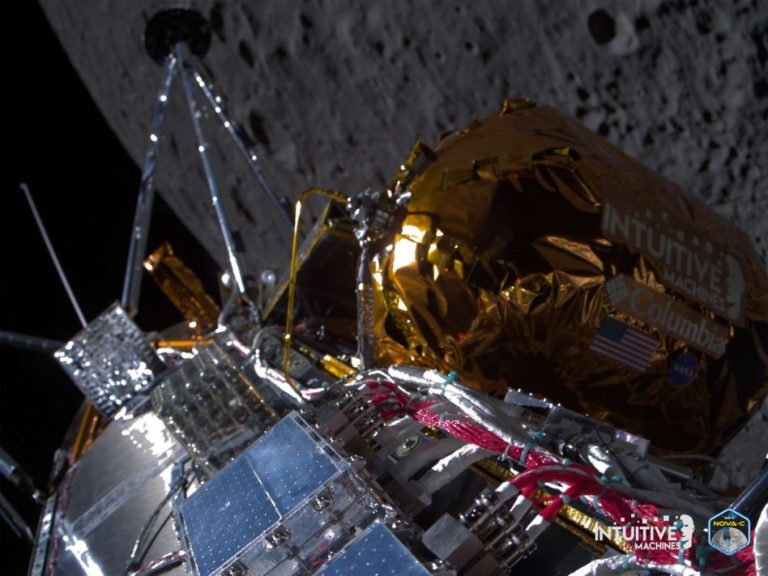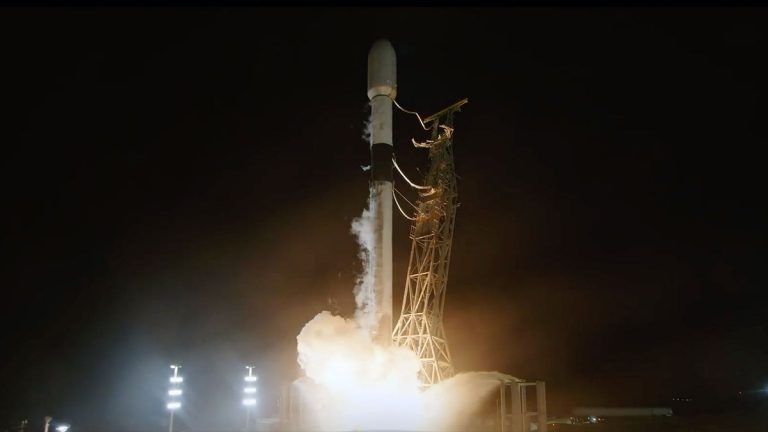
Watch Relativity Space launch world’s 1st 3D-printed rocket tonight (March 22) (Image Credit: Space.com)
Relativity Space is ready to make another attempt at its debut liftoff.
The company plans to launch its Terran 1, the world’s first 3D-printed rocket, on Wednesday (March 22) from Florida’s Cape Canaveral Space Force Station during a three-hour window that opens at 10 p.m. EDT (0200 GMT on March 23).
You can watch the orbital test mission — called “Good Luck, Have Fun,” or GLHF for short — here at Space.com, courtesy of Relativity Space, or directly via the company (opens in new tab).
Related: Relativity Space to launch satellite ‘tugs’ on 3D-printed rocket
Tonight’s planned liftoff will be the third attempt to get GLHF off the ground. The first try, on March 8, was scrubbed due to fuel-temperature issues on the two-stage Terran 1’s upper stage.
Relativity Space tried again on March 11 but was thwarted by weather and range safety delays, as well as two separate aborts.
The 110-foot-tall (33 meters) Terran 1 is the world’s first 3D-printed rocket. About 85% by mass of the GLHF vehicle is 3D-printed, and the company wants to boost that figure to 95% or so on future vehicles.
The expendable Terran 1 can haul up to 2,756 pounds (1,250 kilograms) to low Earth orbit (LEO), according to Relativity Space. The launcher uses liquid methane as a fuel and liquid oxygen as an oxidizer. If Terran 1 succeeds tonight, it will become the first such “methalox” rocket ever to reach Earth orbit.
GLHF is a test flight for California-based Relativity Space, which was founded in 2016 by Tim Ellis and Jordan Noone, both of whom once worked for Blue Origin. (Noone spent time at SpaceX as well.) The Terran 1 isn’t hauling a viable payload on tonight’s mission, just a small 3D-printed ring that serves as a memento.
However Terran 1 performs on GLHF, Relativity Space will have a lot of data to analyze. And such work should inform the development of the company’s next launch vehicle, the reusable Terran R, which is designed to deliver up to 44,100 pounds (20,000 kg) to LEO and could fly for the first time as soon as next year.
“Terran 1 serves as a pathfinder and development platform on our path to Terran R production,” Relativity Space representatives said in a prelaunch email to Space.com. “Terran 1 has served us exceedingly well in this capacity leading up to our first launch, and we anticipate additional key learning will come from launch day as well.”
Mike Wall is the author of “Out There (opens in new tab)” (Grand Central Publishing, 2018; illustrated by Karl Tate), a book about the search for alien life. Follow him on Twitter @michaeldwall (opens in new tab). Follow us on Twitter @Spacedotcom (opens in new tab) or Facebook (opens in new tab).








